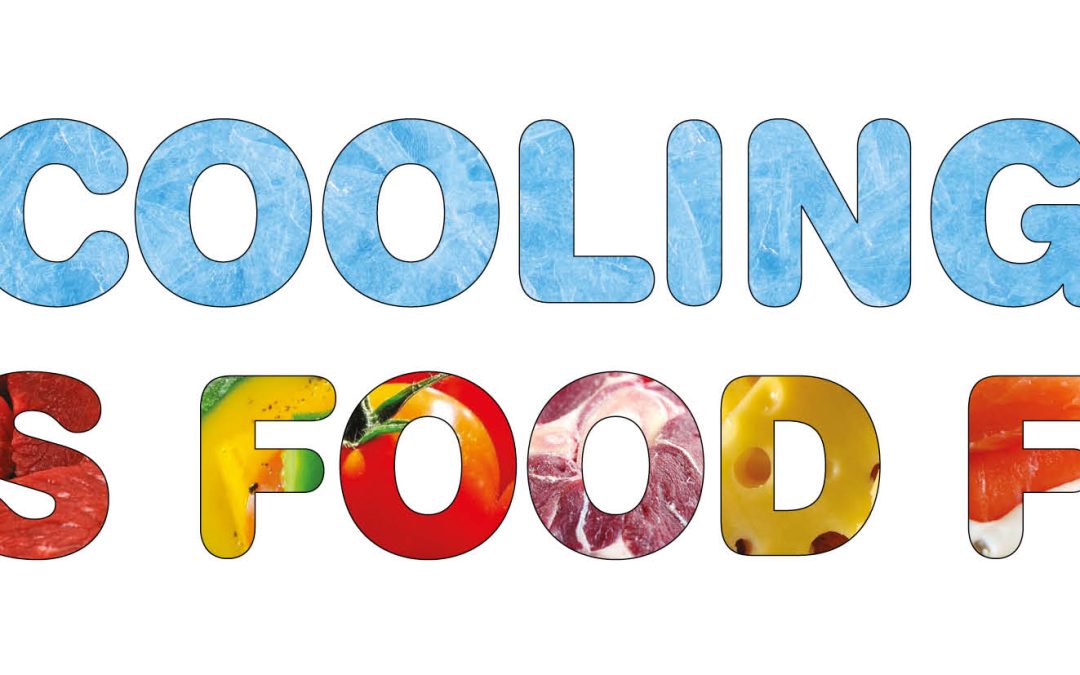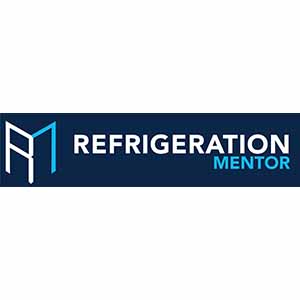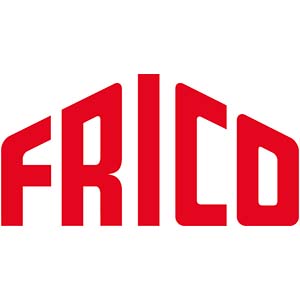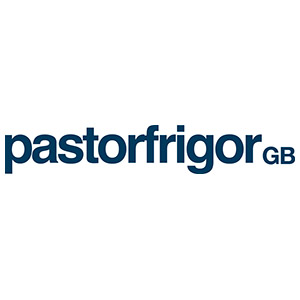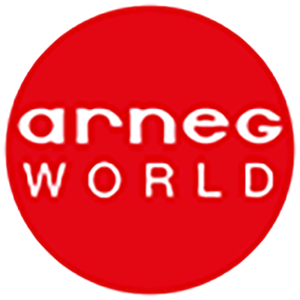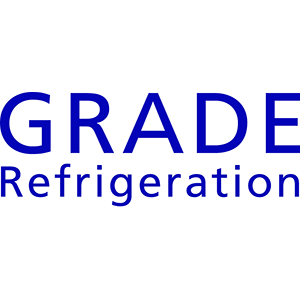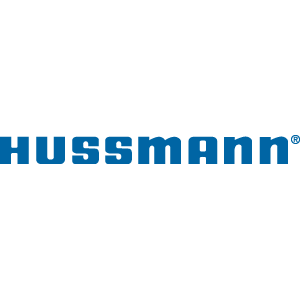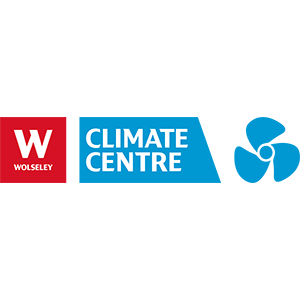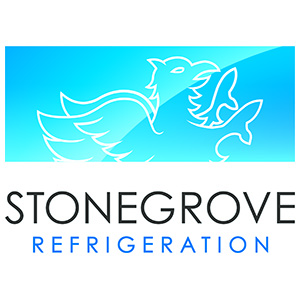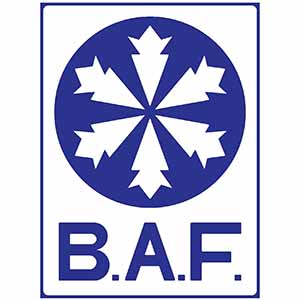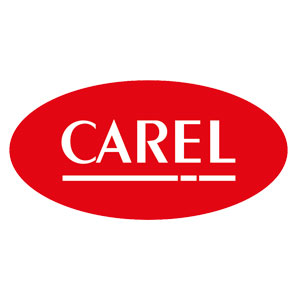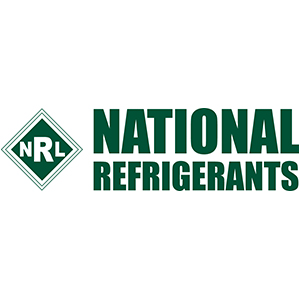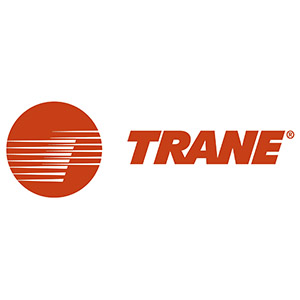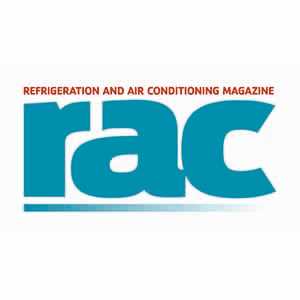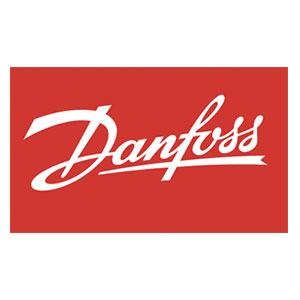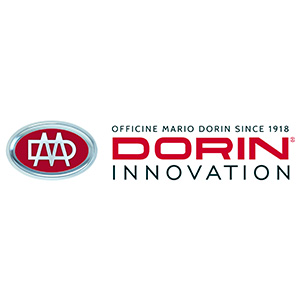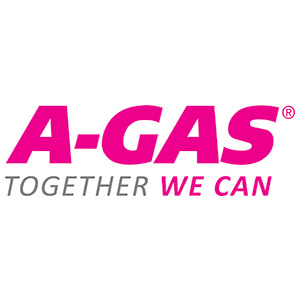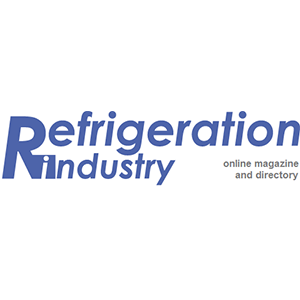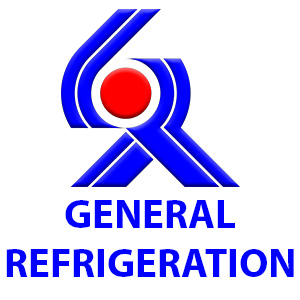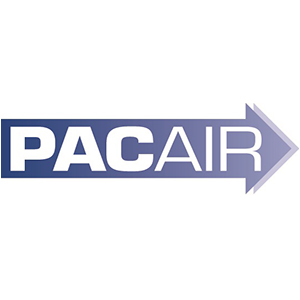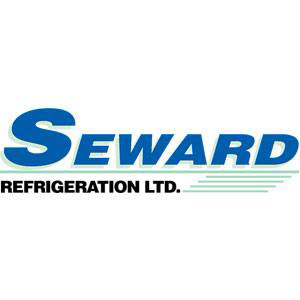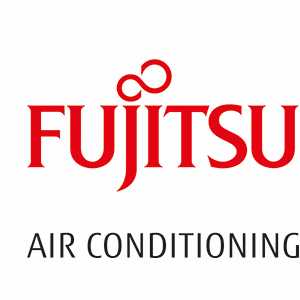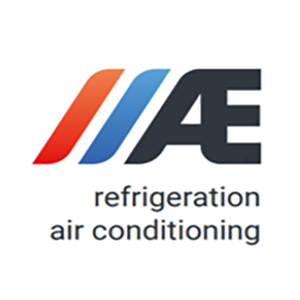LONDON, JUNE 26 – To celebrate World Refrigeration Day, leading chefs are reminding us that cooling enables nutritional diets, helps reduce the number of undernourished, and can lower greenhouse gas emissions. Says Swedish chef Henrik Andersson, “Thanks to our fridges and our cooling systems, we have fresh products everyday like our fish and vegetables. Cooling takes good care of our products,”
The chefs are part of the Chefs4thePlanet network. Chefs4thePlanet is joining with United Nations Environment Programme OzonAction and Global Food Cold Chain Council in the “Cooling Keeps Food Fresh” campaign. It aims to raise awareness of cooling technologies that reduce food loss and promote climate security. Twenty-two associations in the cooling industry and four intergovernmental agencies support the campaign which launches on World Refrigeration Day, recognized on and around June 26.
“Cooling, whether refrigerated or frozen, allows us to maintain the optimum quality of products from harvest to final use in the kitchen,” says Laurent Pichaureaux, a chef in Paris. Adds Gregory Cohen, a chef of French cuisine, “With the fridge, we have food that can be kept longer with the same freshness. We can transport food from one place to another without risk of deterioration. Nowadays, there is good technology to keep food fresher with less impact on the environment.”
Drawing on scientific studies, the campaign describes how cooling keeps food safe, promotes nutritious diets by prolonging shelf-life, helps feed the undernourished, and can help protect the environment.
“What causes malnutrition is lack of accessibility,” says Mercedes Ahumada a traditional Mexican chef. “The cold chain is a vital element for food safety. Each stage is intertwined with another, from collection to storage, packaging, warehousing, transport to point of sale, and storage at point of consumption.”
Cooling protects us against the proliferation of bacteria in the food we eat. The campaign advises us to keep the fridge and freezer in a safe temperature range. Bacterial grow most rapidly between 4.4 and 60 C (40 and 140F), some doubling in as little as 20 minutes. Cooling slows bacteria growth.
“Cold storage is essential because it allows me to keep my ingredients longer and above all avoid the risk of food poisoning! Increased temperatures cause and accelerate microbial growth and reduce product shelf life. says Denny Imbroisi, an Italian chef. “I maintain my ingredient quality thanks to the cold.”
Justine Piluso, a participant in Top Chef France 2020, says, “Cold is our ally provided you know how to use it. Some preparations should be kept high in the fridge, others lower, and yet others in the freezer. Some will be better in the fridge’s airtight box and others with damp paper. But all need cold.”
Cooling can also contribute to reduction of greenhouse gas emissions and reduced energy bills. “Besides its main purpose of keeping food fresh and safe to eat, your refrigerator can also be an agent of change to help solve environmental challenges such as preserving Earth’s ozone layer, fighting climate change, and promoting energy efficiency,” says Jim Curlin who heads UNEP’s OzonAction.
Food production accounts for 26% of total greenhouse gas emissions with 24% of that emitted from uneaten food. Besides the beneficial environmental impact of expanding the cold chain, nutritionists expect that 950 million people could be fed from food loss due to lack of refrigeration. In 2018, there were an estimated 821 million undernourished people in the world, with world population expected to grow by 2 billion in 2050. “A sustainable food cold chain will be an economic, social and environmental net-positive,” says Juergen Goeller, co-chair of the Global Food Cold Chain Council.
The Cooling Keeps Food Fresh campaign kicks off with short video messages delivered by the chefs in social media. The chefs also share recipes which depend on cooling for their preparation on the campaign website.
“Cold is important to maintain the temperature of ingredients and give the best products to our customers,” says Alan Geaam, a one-star Michelin chef born in Lebanon.
Summing up the campaign, “Cold is life!” says Piluso.
To learn more about how Cooling Keeps Food Fresh, visit www.coolingfood.com. Follow the campaign with #coolingfood.
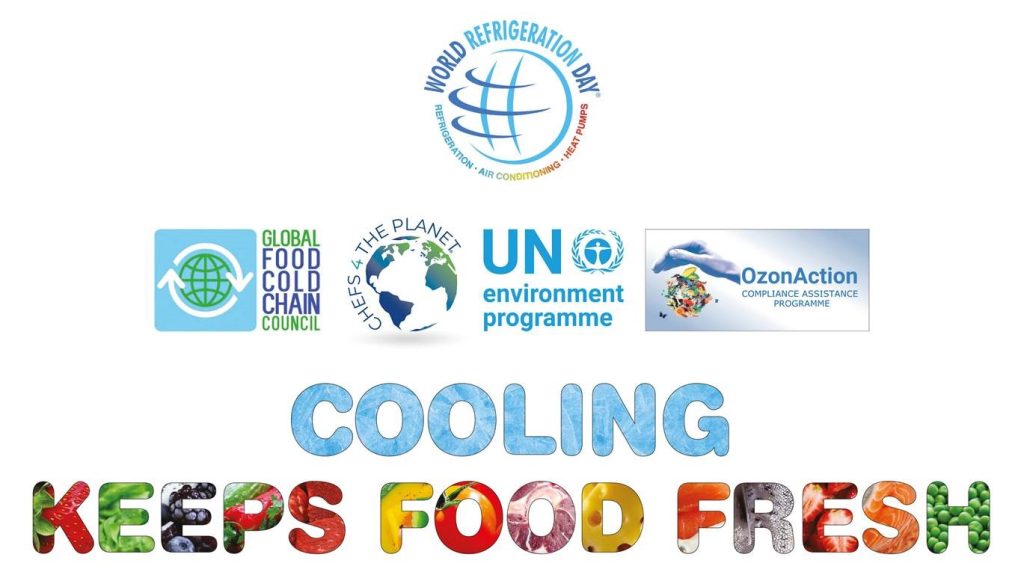
About the Organizers:
World Refrigeration Day is an international initiative that raises awareness of cooling’s benefits and inspires development and adoption of innovative and sustainable cooling solutions by the public, governments, industry, and practitioners for the wellbeing of future generations. It is celebrated on and around June 26, the birthdate of the Scottish scientist William Thomson, known as Lord Kelvin, who formulated the first and second laws of thermodynamics.
UNEP is an implementing agency of the Multilateral Fund of the Montreal Protocol on Substances that Deplete the Ozone Layer. OzonAction’s goal is to enable developing countries to meet and sustain their compliance obligations under the treaty.
Chefs4thePlanet is an international coalition dedicated to climate action, the protection of biodiversity and the environment, and the fight against food waste. It supports the transition towards an organic agriculture and short food circuits and the love of good things shared between generations, friends and cultures.
Global Food Cold Chain Council is an independent not-for-profit industry organization that seeks to simultaneously reduce food waste and related greenhouse gas emissions in the processing, transportation, storage, and retail display of cold food by expanding and improving access to energy-efficient low-global warming potential technology.

